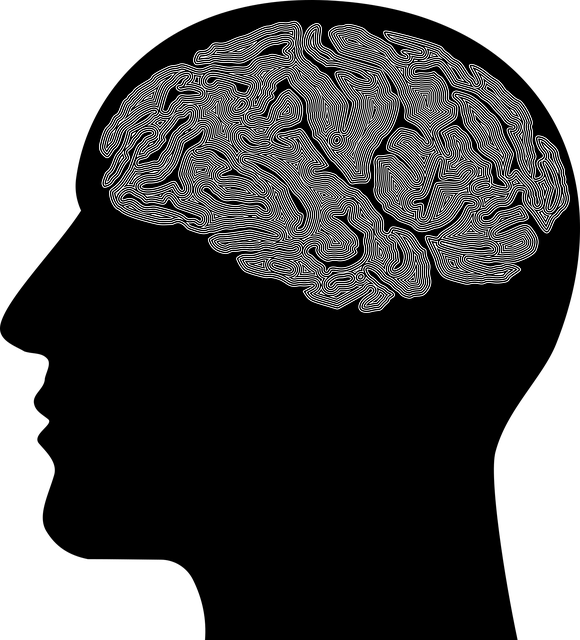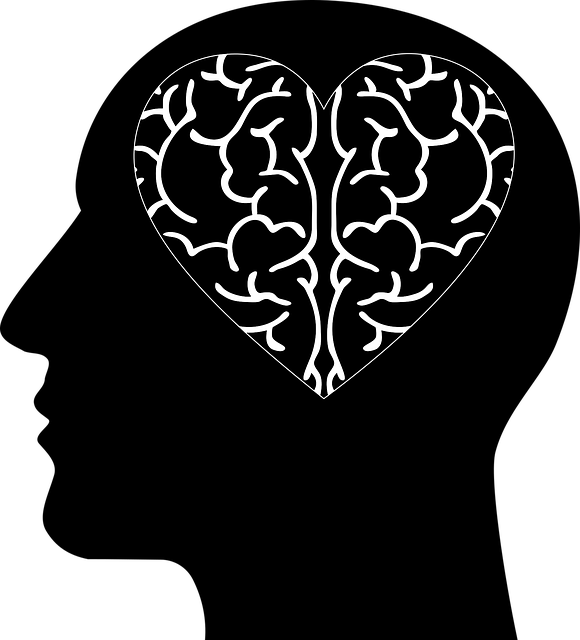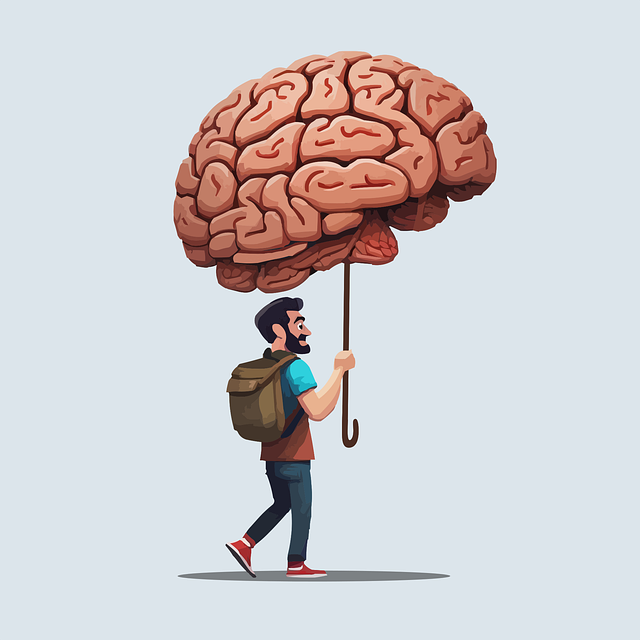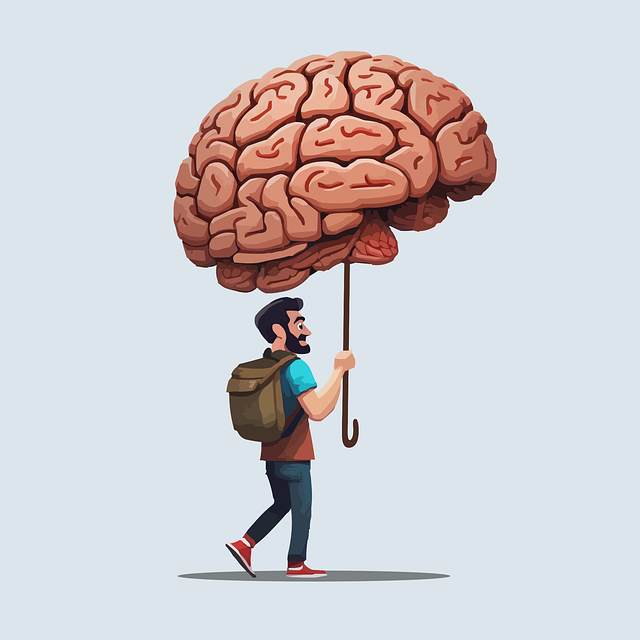Community outreach programs targeting adolescent teens offer vital therapeutic services, addressing peer pressure, academic stress, and family conflicts through evidence-based practices like Dialectical Behavioral Therapy (DBT). DBT equips teens with emotional regulation skills, conflict resolution techniques, and tools to manage stressors, preventing mental health escalation. These initiatives also reduce stigma, fostering support networks. By integrating DBT into community programs, volunteers can create supportive environments where teens feel heard and empowered, significantly improving engagement and outcomes. Measuring success involves qualitative and quantitative approaches, including surveys, interviews, and focus groups, focusing on self-awareness, emotional regulation, and coping mechanisms.
Community outreach programs play a pivotal role in empowering adolescent teens by offering therapy and support outside traditional settings. This article delves into the significance of such initiatives, focusing on Dialectical Behavioral Therapy (DBT) as a game-changer for teen engagement. We explore how DBT-based strategies can effectively reach and assist young individuals, while also emphasizing the importance of measuring success to ensure these programs make a lasting impact on their lives.
- Understanding Community Outreach and Its Impact on Adolescent Teens
- The Role of Therapy, Specifically Dialectical Behavioral Therapy (DBT) in Outreach Programs
- Implementing Effective DBT-Based Outreach Strategies for Teen Engagement
- Measuring Success: Evaluating the Effectiveness of Community Outreach Programs for Adolescent Teens
Understanding Community Outreach and Its Impact on Adolescent Teens

Community outreach programs focused on adolescent teens can significantly impact their mental health and overall well-being. These initiatives aim to extend therapeutic services beyond traditional clinical settings, making them more accessible to young individuals who may face various challenges, such as peer pressure, academic stress, or family conflicts. By incorporating evidence-based practices like Dialectical Behavioral Therapy (DBT), community outreach enhances teens’ coping mechanisms and emotional regulation skills.
One of the key aspects of these programs is promoting self-awareness exercises and conflict resolution techniques, which are essential components of DBT. Through interactive workshops and group discussions, adolescents learn to identify their emotions, understand triggers, and develop healthier ways of responding to stressors. This early intervention can prevent escalating mental health issues and foster a sense of resilience in teens. Additionally, increasing Mental Health Awareness within the community encourages open conversations about emotional well-being, reducing stigma and promoting support networks for young people.
The Role of Therapy, Specifically Dialectical Behavioral Therapy (DBT) in Outreach Programs

Community outreach programs increasingly recognize the vital role that therapy plays in fostering positive mental health awareness among adolescent teens. One evidence-based approach gaining traction is Dialectical Behavioral Therapy (DBT), which offers a unique set of skills, including effective conflict resolution techniques, to help young individuals navigate emotional distress and challenging situations. DBT promotes positive thinking by teaching mindfulness, emotion regulation, and interpersonal effectiveness, empowering teens to cope with stressors in healthier ways.
By integrating these therapeutic practices into outreach initiatives, programs can address the root causes of behavioral issues and provide teens with long-lasting tools for managing their mental health. This proactive approach not only benefits individual participants but also contributes to building stronger, more resilient communities where adolescent teens can thrive.
Implementing Effective DBT-Based Outreach Strategies for Teen Engagement

Implementing effective Dialectical Behavioral Therapy (DBT)-based outreach strategies is pivotal in engaging teen populations and addressing their unique needs. DBT, a well-established therapy for adolescent teens, emphasizes emotional regulation, distress tolerance, and interpersonal effectiveness skills, which can be tailored to community outreach programs. By incorporating these evidence-based techniques, community initiatives aimed at youth can foster meaningful connections and enhance the overall mental health and resilience of adolescents.
Incorporating DBT principles into outreach efforts involves training volunteers or healthcare providers in Burnout Prevention Strategies, thereby equipping them with the tools to support teens’ emotional intelligence and build resilience. This approach ensures that interactions are not just informative but also nurturing, encouraging open dialogue about challenges related to mental health. Such initiatives can significantly contribute to creating a supportive environment where teens feel heard and empowered, ultimately leading to better engagement and outcomes in community settings.
Measuring Success: Evaluating the Effectiveness of Community Outreach Programs for Adolescent Teens

Measuring success is a crucial aspect of evaluating the effectiveness of community outreach programs designed for adolescent teens. To gauge the impact, it’s essential to incorporate both qualitative and quantitative methods. This can include surveys, interviews, and focus groups with participants to understand their perceptions of growth in areas like self-awareness, emotional regulation, and coping mechanisms. Additionally, tracking participation rates, program retention, and referral sources provides valuable data on accessibility and interest within the community.
One evidence-based approach that has shown promising results is Dialectical Behavioral Therapy (DBT), a form of therapy for adolescent teens that focuses on skill-building for emotion regulation, distress tolerance, mindfulness, and interpersonal effectiveness. By integrating DBT into outreach programs, mental health awareness can be effectively raised, fostering positive thinking and encouraging open conversations about emotional well-being. Mental Health Education Programs Design should prioritize evidence-based interventions like DBT to ensure the initiatives are not only engaging but also impactful in the long term.
Community outreach programs, enriched with Dialectical Behavioral Therapy (DBT) strategies, offer a promising approach to engage and support adolescent teens. By integrating therapy into community initiatives, we can create a powerful impact on teen well-being. DBT’s effectiveness in treating emotional regulation issues and promoting healthy coping skills makes it an invaluable tool for reaching and assisting this vulnerable demographic. Through structured programs, we can measure success by evaluating engagement levels and positive behavioral changes, ultimately fostering healthier communities.














